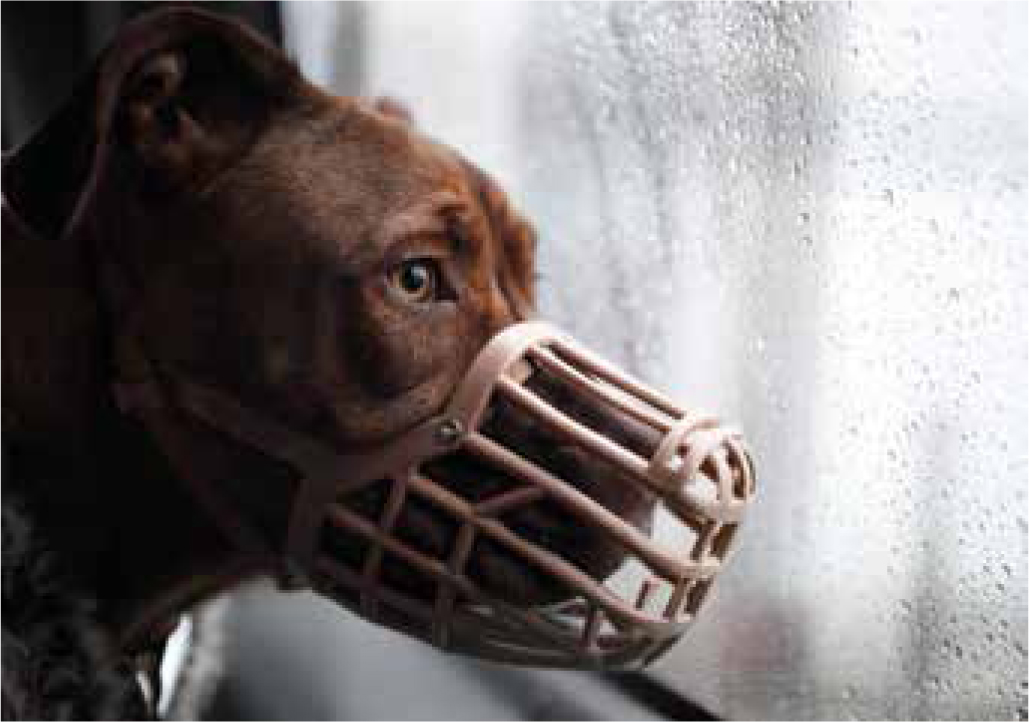Breed specific legislation (BSL) was introduced in the UK in 1991 and prohibited four different types of dog: the pit bull terrier, Japanese Tosa, Fila Braziliero and Dogo Argentino. Its aim was to reduce ownership of these types of dogs and improve human safety. But, 26 years later, large numbers of dogs continue to be seized and hospital admissions for dog bites/attacks rise year-on-year. In fact, between 2005 and 2015, admissions for dog bites and strikes increased by 76% (Health and Social Care Information Centre, 2015). Since 1991, 37 people have died in dog-related incidents; 28 involved dogs not prohibited by law (RSPCA, 2016).
BSL is clearly ineffective at protecting public safety and, as a result, has been hugely criticised on both a national and international level. Part of the criticism relates to the identification of prohibited types of dogs, which is predominantly appearance-based rather than taking into account parentage or genetics, meaning that many dogs experience compromised welfare unnecessarily. Suspect dogs are seized and kennelled; both procedures which are potentially very stressful. Although some prohibited types can be lawfully kept, there are strict conditions that must be adhered to, e.g. on lead walking when in a public place which restricts natural behaviour. However, thousands of dogs have been needlessly euthanised simply because of their conformation. Euthanising healthy dogs with sound temperaments on the basis of looks has huge moral implications and undoubtedly a significant impact on those who owned or cared for these dogs and the veterinary professionals who have to undertake the euthanasia.
The beliefs that underpin BSL have also attracted criticism. These suggest that prohibited breeds have the potential to be dangerous due to their physical characteristics and functional history or are responsible for high levels of aggression towards people. Yet there is no robust scientific research to suggest the breeds and types of dogs banned under the Dangerous Dogs Act are any more aggressive towards people than other dogs.

As well as unfairly punishing dogs for the way they look and seriously compromising dog welfare, BSL also lulls the public into a false sense of security that only these four types of dogs are dangerous. While dog attacks are thankfully rare, the important message to get across is that any dog, irrespective of breed or type, has the potential to be dangerous.
BSL is now being reviewed worldwide and has been reversed by a number of European governments and many US administrations following studies. A 2010 Defra consultation in England revealed that 88% of respondents felt BSL was not effective in protecting the public and 71% felt it should be repealed.
We at the RSPCA are campaigning for an end to this outdated and flawed law in the UK, and are calling for the Government to launch a public inquiry into BSL. More than 90 000 people have joined our campaign as well as organisations from around the world who have supported our call to repeal BSL and replace it with an evidence-based policy. We are delighted that the British Veterinary Association (BVA), British Small Animal Veterinary Association (BSAVA) and the British Veterinary Nursing Association (BVNA) are backing this call. We are hoping that individual veterinary professionals will follow their membership bodies and show their support by signing our petition. To make your voice heard, please visit www.rspca.org.uk/EndBSL.


